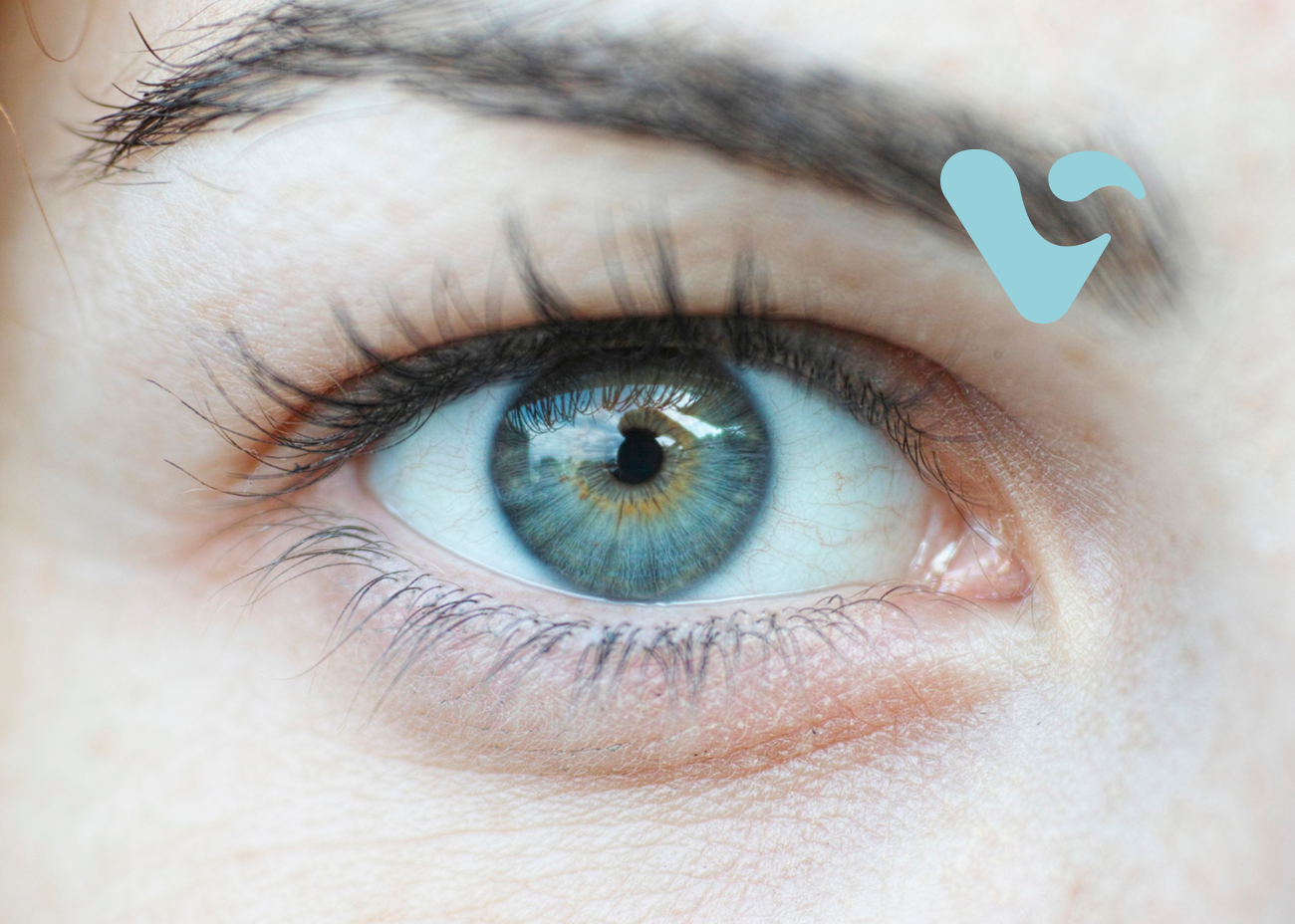
Dry eye syndrome in dentistry and surgery
Dry eye syndrome is an increasingly relevant condition today, affecting a large portion of the population, including many professionals in dentistry and surgery. This problem not only causes discomfort but can also have significant repercussions on ocular health and the efficiency of daily work.
In this article, we will explore how dry eye syndrome affects dentists and surgeons, its underlying causes, and effective strategies to mitigate its effects.
What is dry eye syndrome?
Dry eye syndrome is a condition characterized by insufficient tear production or an inadequate composition of tears. This dysfunction can lead to a series of bothersome symptoms, including:
- Dry eye sensation
- Irritation
- Redness
- Difficulty blinking
- Visual fatigue
- Heavy eyelids
These symptoms not only affect daily comfort but can also interfere with the precision and attention needed in dental and surgical procedures.
Causes and risk factors
Dry eye syndrome can be triggered by various factors, including:
- Prolonged use of screens and electronic devices
- Environments with smoke, air conditioning, or heating
- Hormonal changes and menopause
- Use of contact lenses
- Autoimmune diseases such as lupus or Sjogren’s syndrome
- Diet deficient in vitamins and omega-3 fatty acids
These factors are especially relevant for dentists and surgeons, whose profession may involve long periods of visual concentration on a fixed point, reducing natural blinking and increasing tear evaporation.
Prevention and management
To mitigate the effects of dry eye syndrome, it is essential to adopt appropriate preventive and management measures:
- Visual ergonomics: It is crucial to maintain a posture and work environment that minimizes eye strain. This includes taking frequent breaks, varying visual focus, and using appropriate magnification tools such as those offered by Víttrea.
- Hydration and nutrition: Maintaining adequate hydration and a diet rich in vitamins A and omega-3 can improve ocular health and reduce dry eye symptoms.
- Controlled environments: Avoiding environments with smoke, extreme air conditioning, or intense heating can help maintain ocular moisture.
- Use of artificial tears: Applying artificial tears as needed can provide immediate relief and keep the ocular surface adequately lubricated.
In summary, dry eye syndrome represents a significant challenge for professionals in dentistry and surgery due to the specific visual demands of their work. With a combination of preventive measures, active management, and advanced ergonomic technologies like those offered by Víttrea, it is possible to reduce the adverse effects of this condition and optimize long-term ocular health.
By proactively addressing this issue, dentists and surgeons can maintain not only their personal comfort but also the precision and safety in their daily practices, ensuring optimal care for their patients.
At Víttrea, we offer suitable magnification systems that help reduce eye strain and improve dry eye syndrome. Contact us for more information!
